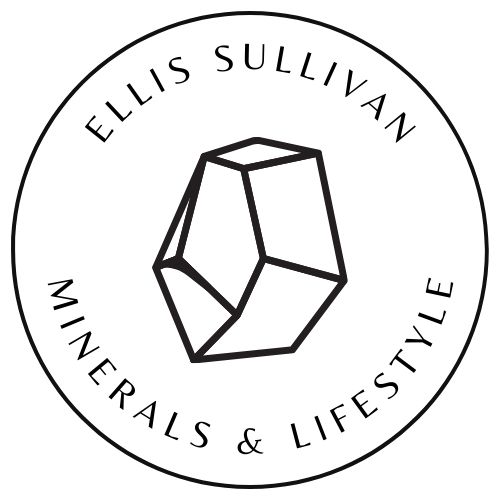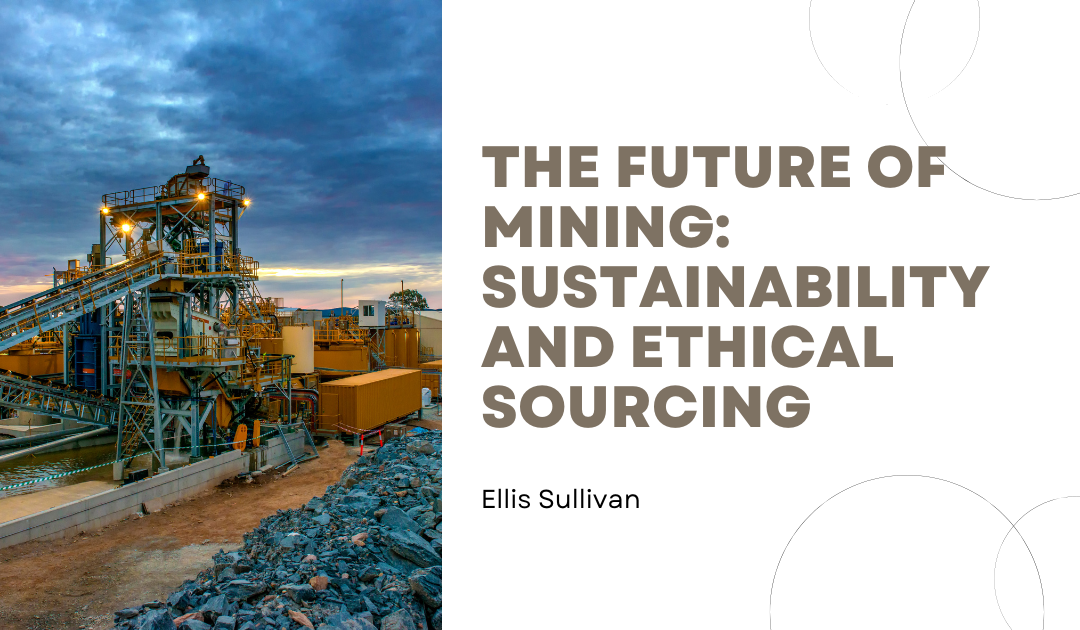The mining industry is undergoing a profound transformation. As the global demand for raw materials like lithium, cobalt, and rare earth elements surges, driven by renewable energy technologies and electric vehicles, the emphasis on sustainability and ethical sourcing has never been more crucial. This shift is not just a moral imperative but a business necessity, with stakeholders demanding transparency and responsibility throughout the supply chain.
The Push for Sustainability in Mining
Mining has long been associated with significant environmental challenges, including habitat destruction, water contamination, and carbon emissions. However, modern technologies and innovative practices are paving the way for greener operations.
- Renewable Energy Integration: Mining companies are increasingly adopting renewable energy sources such as solar and wind to power their operations. For instance, some mines in Chile and Australia now operate entirely on renewable energy, reducing their carbon footprint and operational costs.
- Circular Economy Practices: Recycling metals from electronic waste and repurposing mining byproducts are becoming more common. These initiatives not only reduce the need for virgin material extraction but also address the issue of mining waste.
- Water Management Innovations: Water is a critical resource in mining, often used in large quantities for processing minerals. Companies are investing in technologies to recycle water and reduce consumption, ensuring minimal impact on local communities and ecosystems.
Ethical Sourcing: A Growing Priority
Consumers and businesses alike are increasingly prioritizing ethically sourced materials. This trend has put pressure on the mining industry to ensure fair labor practices, community welfare, and environmental stewardship.
- Fair Labor Practices: Reports of child labor and unsafe working conditions in some mining regions have raised global concerns. Ethical sourcing requires adherence to international labor standards and active monitoring of supply chains to prevent exploitation.
- Community Engagement: Mining operations often disrupt local communities. Ethical sourcing involves consulting with and compensating affected populations, ensuring that mining benefits are shared equitably. Initiatives such as community-driven mining agreements are fostering collaboration and trust.
- Transparency and Certification: Organizations like the Responsible Mining Initiative and Fairmined Certification are helping companies demonstrate their commitment to ethical practices. Blockchain technology is also being used to trace materials from mine to market, providing verifiable proof of ethical sourcing.
The Role of Innovation
Innovation is a cornerstone of the mining industry’s sustainable future. From automation and artificial intelligence to reduce waste and increase efficiency, to biotechnologies that use microbes to extract metals in a less invasive manner, the possibilities are vast. Additionally, partnerships with tech companies are helping mining firms harness data for better decision-making and improved sustainability outcomes.
Challenges and Opportunities Ahead
Despite these advancements, the path to sustainability and ethical sourcing in mining is not without challenges. High implementation costs, lack of regulatory frameworks in some regions, and the complexity of global supply chains are significant hurdles. However, these challenges also present opportunities for collaboration between governments, NGOs, and the private sector.
Conclusion
The future of mining lies at the intersection of sustainability and ethical sourcing. As the world transitions to a greener economy, the mining industry has a pivotal role in ensuring that the materials powering this change are sourced responsibly. By embracing innovation, transparency, and community collaboration, the mining sector can pave the way for a more ethical and sustainable future.

